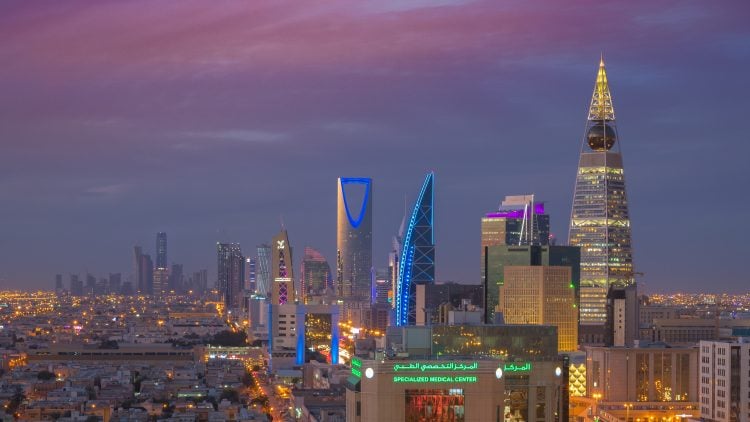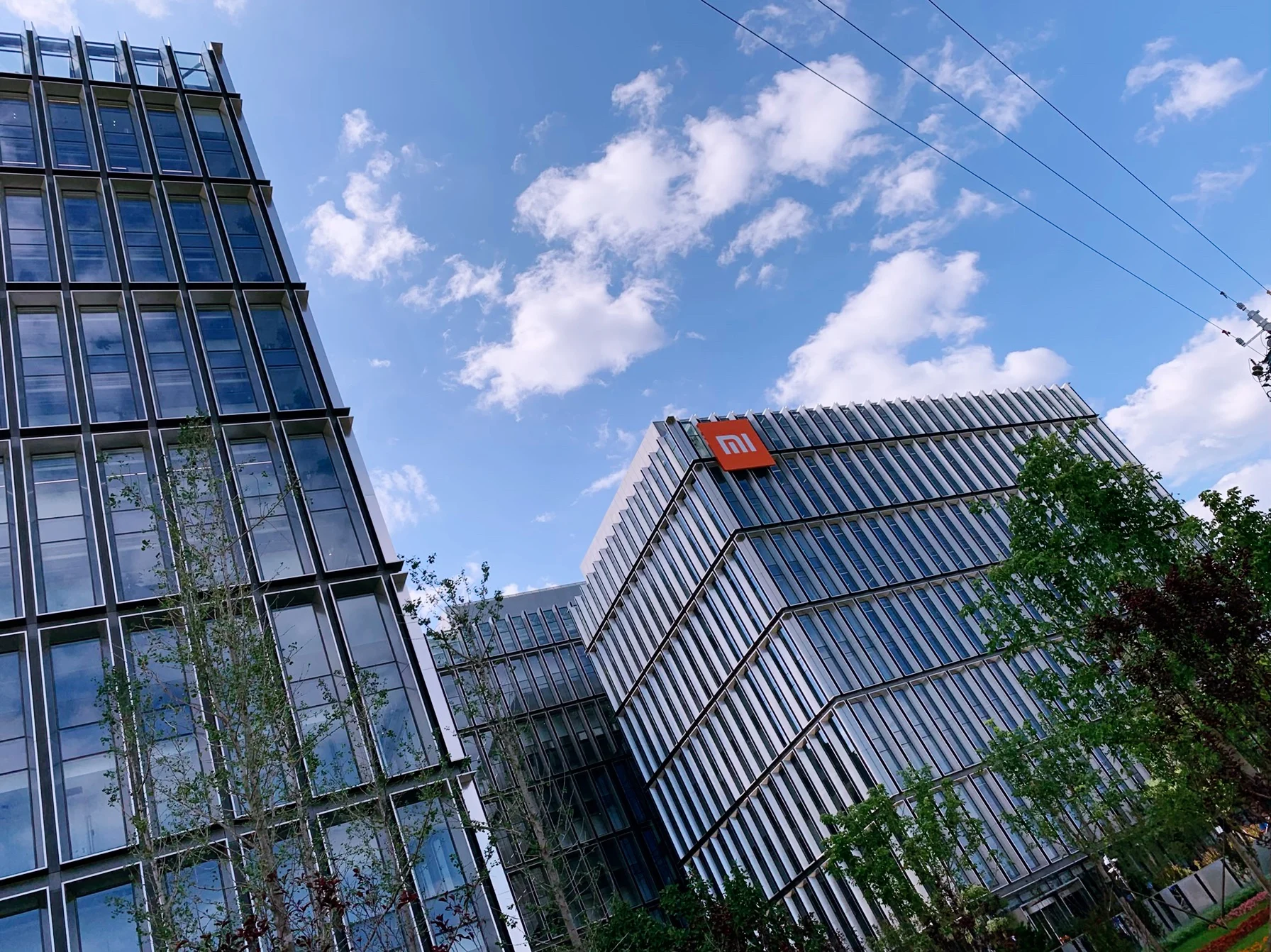Publisher: Maaal International Media Company
License: 465734
In relentless pursuit to create non-oil reliant economy
Saudi Arabia to Invest SR27 trln, over 10-Year
With the Kingdom’s vast investment capabilities, HRH Crown Prince Mohammed bin Salman bin Abdulaziz announced the National Investment Strategy, which is one of the primary enablers for the Kingdom’s Vision 2030, aims at reducing its reliance on oil as the sole source of the national income.
Investments totaling more than SR12 trillion will be pumped into the local economy by 2030, with SR5 trillion coming from partner program initiatives and projects, SR3 trillion from the Public Investment Fund dedicated to local investment, and SR4 trillion coming from various national and international companies, according to the strategy.
The Public Investment Fund’s recent investments, in the Saudi economy, as well as the Kingdom’s launch of a partner program to strengthen partnerships with the private sector, had a significant impact on the non-oil economy’s growth results, reinforcing the Kingdom’s continued progress in implementing programs and projects to achieve the vision and develop sectors. In terms of the economy, it seems optimistic.
اقرأ المزيد
With the private sector expected to continue growing and creating jobs for citizens, the government will continue to implement economic transformation plans and strengthen the role of the private sector by increasing the participation of funds in capital spending, such as the Public Investment Fund, which is an effective engine for the economy’s development and diversification. Saudi Arabia’s non-oil private sector expanded in September, with new orders rising at their fastest rate in seven years, as the Covid-19 pandemic’s limitations on activities and travel were eased, boosting consumer demand.
The government of the Kingdom of Saudi Arabia’s plans and policies aimed at achieving economic transformation in accordance with the Kingdom’s Vision 2030 objectives, which include diversifying the national economy and increasing the private sector’s contribution to investment in promising sectors, which is reflected in increased employment opportunities and a continued rise in citizens’ standard of living, which explains the positive numbers.
This trend was built according to an ambitious action plan aimed at economic diversification by investing opportunities in promising sectors such as tourism, sports, entertainment, mining, and logistics services, which confirms that these trends were built according to an ambitious action plan aimed at economic diversification by investing opportunities in promising sectors such as tourism, sports, entertainment, mining, and logistics services.
The non-oil GDP grew by 5.4% in the first half of 2021, aided by the private sector’s real GDP growth of 7.5%.
Real GDP is also expected to grow by 2.6% in 2021, owing to a 4.2% increase in non-oil GDP.
HRH Crown Prince sponsored Vision 2030, is a strategy to overhaul the economy and make it less reliant on oil, includes private sector growth as a crucial component.
The Kingdom’s non-oil revenues competed with, if not outperformed, its oil counterparts, with total non-oil revenues of around SR290 billion until the end of June 2021, an increase of 8.8% over the same period the previous year, and oil revenues of about SR249 billion until the end of the month.
As a result of the significant improvement in oil prices for the current year, June of this year saw a growth rate of 10.8% compared to the same month last year.
In comparison to the second half of last year, the Kingdom’s economy was able to regain its footing and resume some activities at higher rates in the first half of this year, which had a positive impact on financial performance as the budget deficit shrank, owing to higher oil and non-oil revenues, and with the expectation of continued improvement in financial and economic performance in the second half of this year.
Saudi Arabia has executed about 60% of the approved economic reforms, out of a total of more than 400, by the year 2020.
The non-oil sector grew by 8.4% to SR366.5 billion, with a contribution to GDP of 60.2%, in contrast to the oil sector’s GDP falling by 6.9% in the second quarter of 2021 compared to the same period in 2020 to SR238.4 billion, with a contribution to GDP of 39.2%, down from 42.8% last year.
The private sector’s real GDP increased by 11.1% of 2021, while the oil sector’s real GDP increased by 2.4%, according to seasonal adjustments.








